Amid the enticing world of snacks, the scrutiny surrounding certain beloved brands and their purported connections to Israel has garnered attention.
The alignment of prominent snacks like M&M’s, Oreo, Snickers, KitKat, Lay’s, Cheetos, Skittles, Toblerone, Cadbury, and Ben & Jerry’s with parent companies allegedly supporting Israel has sparked a wave of discussions about ethical considerations within the snack industry.
1. M&M’s
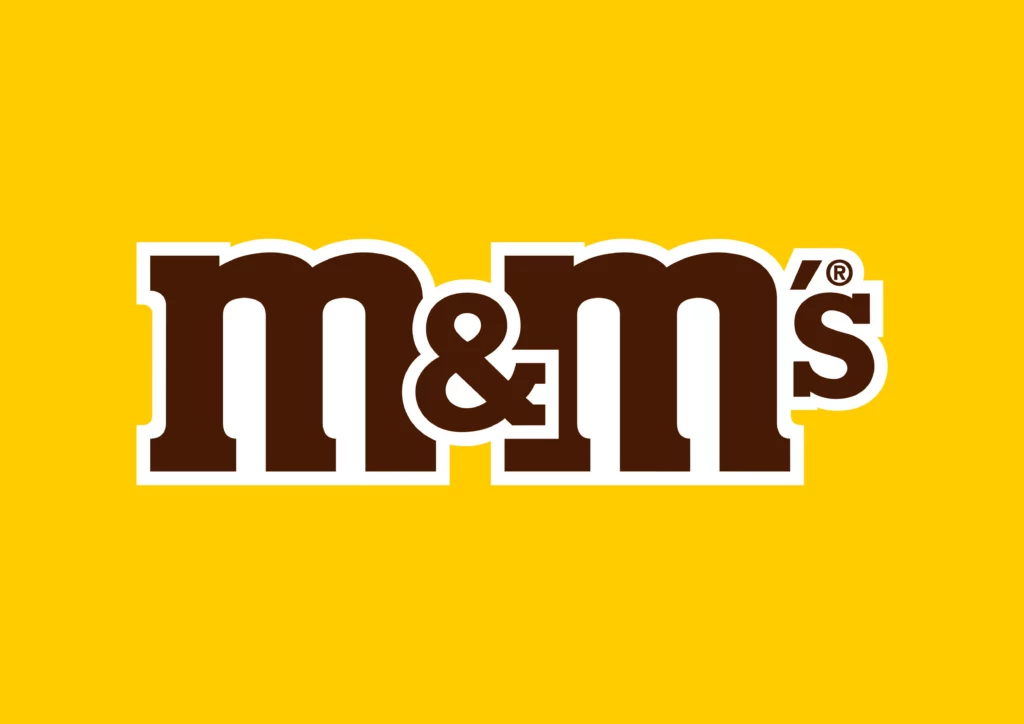
M&M’s, a confectionery favorite, falls under the ownership of Mars. Mars’ support for the Zionist state through significant investments in Israel’s foodtech startup sphere, channeled via venture capital partner JVC, has prompted some to reconsider purchasing or associating with M&M’s products. This has led consumers to explore supermarket own-brand alternatives and opt for healthier food choices over confectionery.
2. Oreo
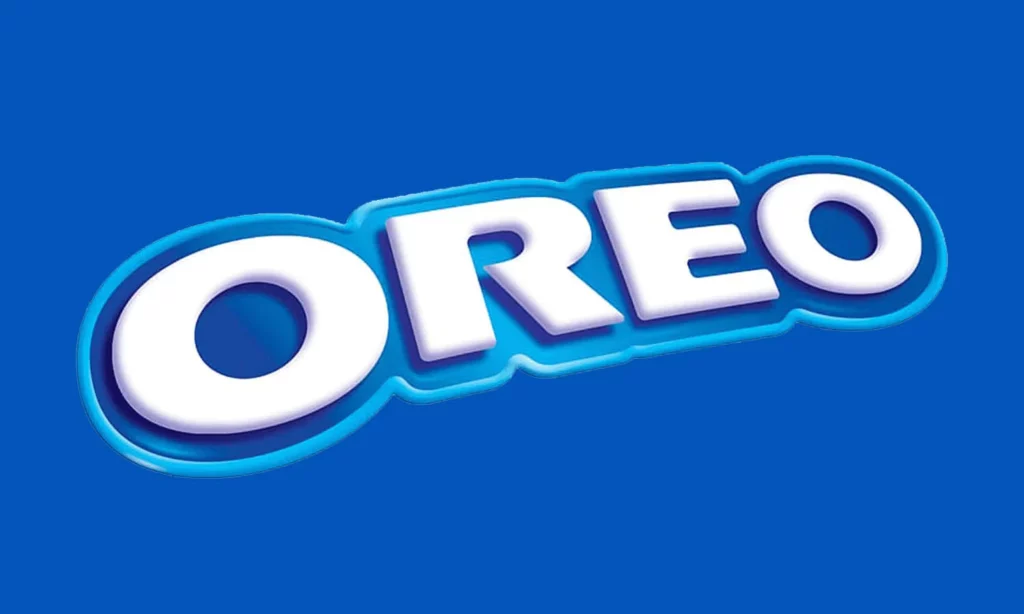
Mondelez, the owner of Oreo, has been scrutinized for investing in Israeli startups in Occupied Palestine. This association has stirred a conscientious consumer reaction, leading individuals to contemplate refraining from buying or endorsing Oreo products from Mondelez. As an alternative, exploring supermarket own-brand offerings has emerged as a considered choice for consumers.
3. Snickers
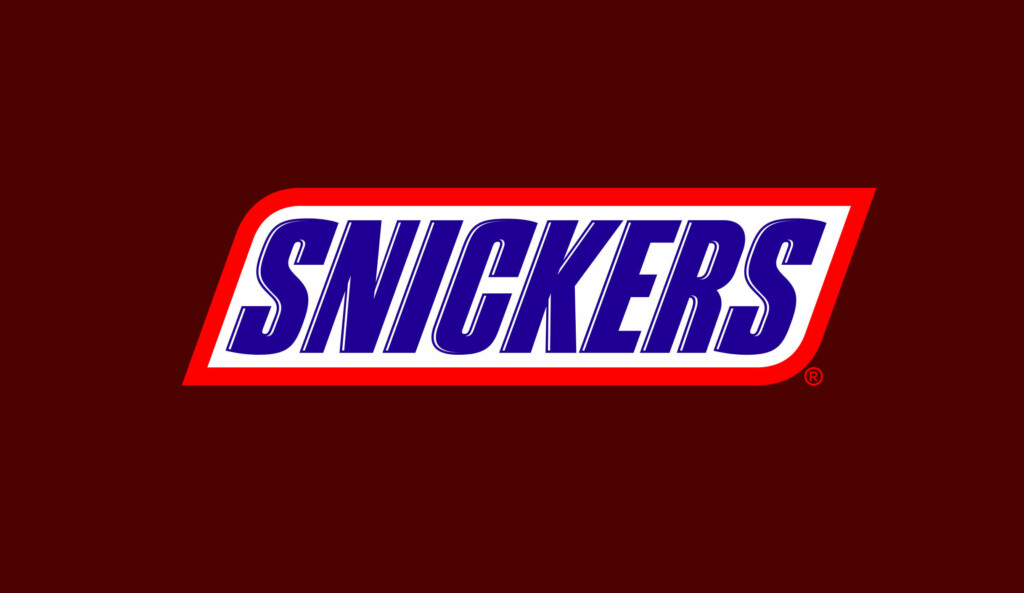
Snickers, a chocolate staple, is another brand under the Mars umbrella. With Mars’ investments in Israel’s foodtech scene through JVC, similar to other Mars-owned brands, concerns have arisen. This has led some to reconsider purchasing Snickers products or affiliating with Mars and instead seek alternative options and whole foods.
4. KitKat
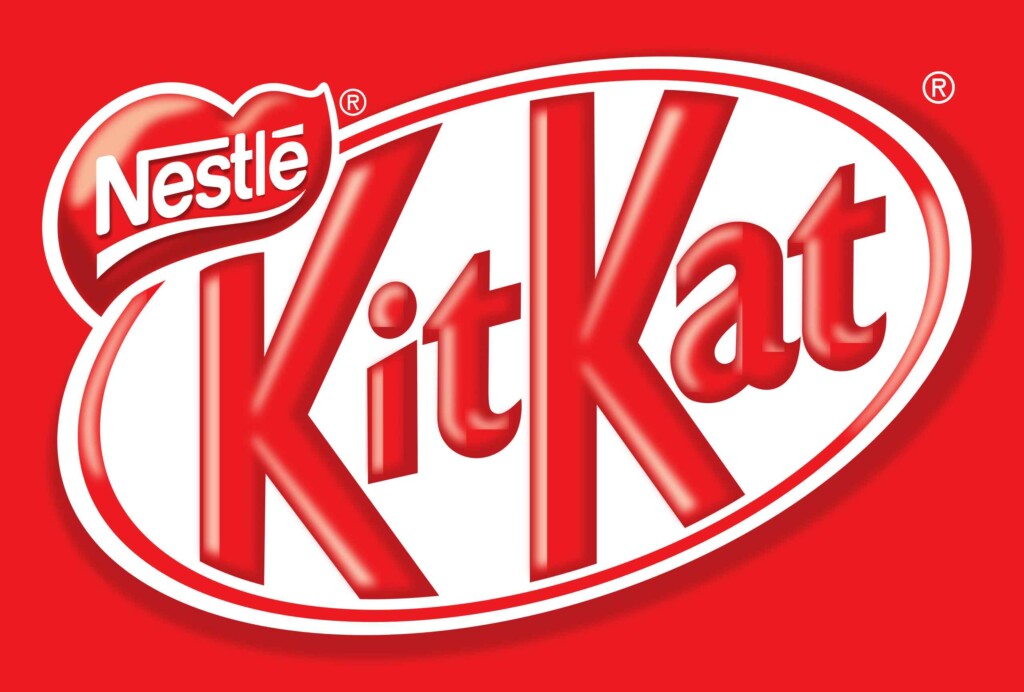
Nestle, the owner of KitKat, holds a controlling stake in Osem, an Israeli food manufacturer operating in Occupied Palestine. This connection has prompted individuals to rethink purchasing KitKat products and avoid Nestle’s offerings until divestment from all operations in Occupied Palestine occurs. The exploration of supermarket own-brand alternatives has become a consideration for conscientious consumers.
Check Out: Exposed: Top Watch Brands Under Fire for Supporting Israel
5. Lay’s
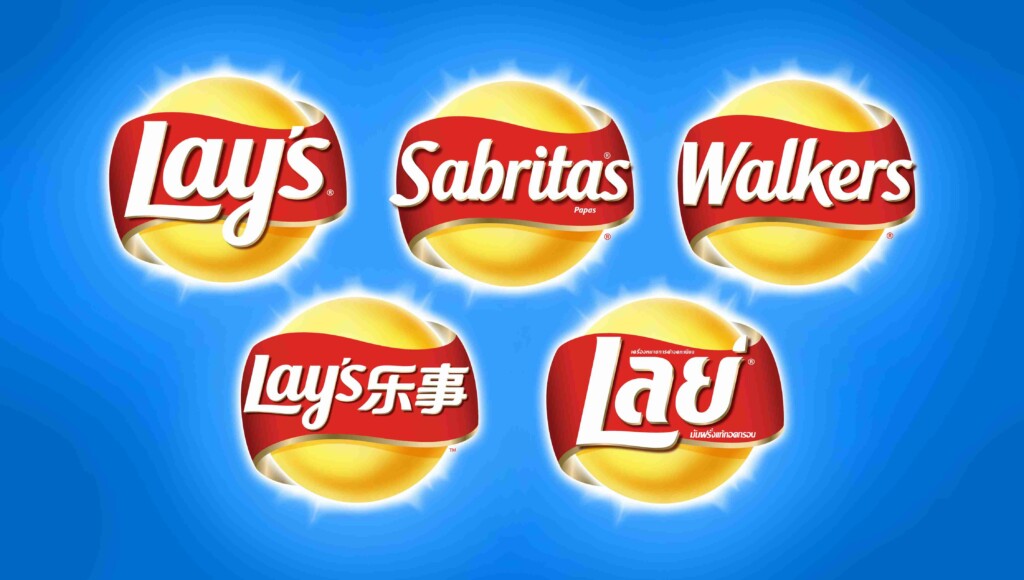
Lay’s, a popular potato snacks brand, owned by PepsiCo, raised eyebrows following its acquisition of SodaStream and its ownership in Sabra. These associations have led some to question supporting Lay’s products or PepsiCo and opt for alternatives, especially those from stores like Aldi or Lidl.
6. Cheetos
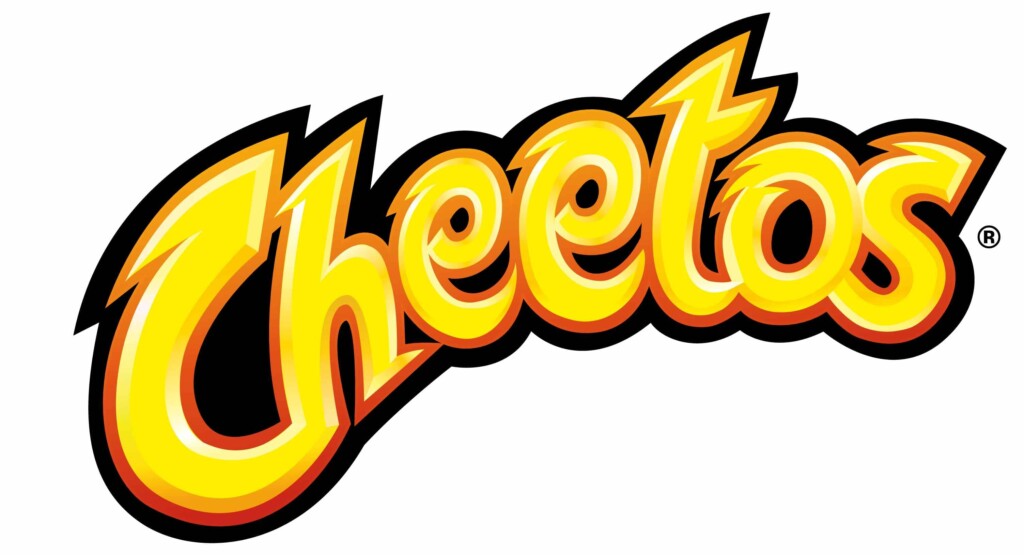
PepsiCo’s ownership of Cheetos, with ties to SodaStream and Sabra connected to the Israeli occupation, has also triggered reconsideration among certain consumers. This association has led to thoughts about exploring supermarket own-brand options as an alternative to Cheetos.
7. Skittles

Skittles, a candy favorite under Mars’ ownership, shares the brand’s association with Mars’ investments in Israel’s foodtech startups via JVC. This connection has caused some to rethink purchasing Skittles products or associating with Mars, opting instead for supermarket own-brand choices and healthier alternatives.
8. Toblerone
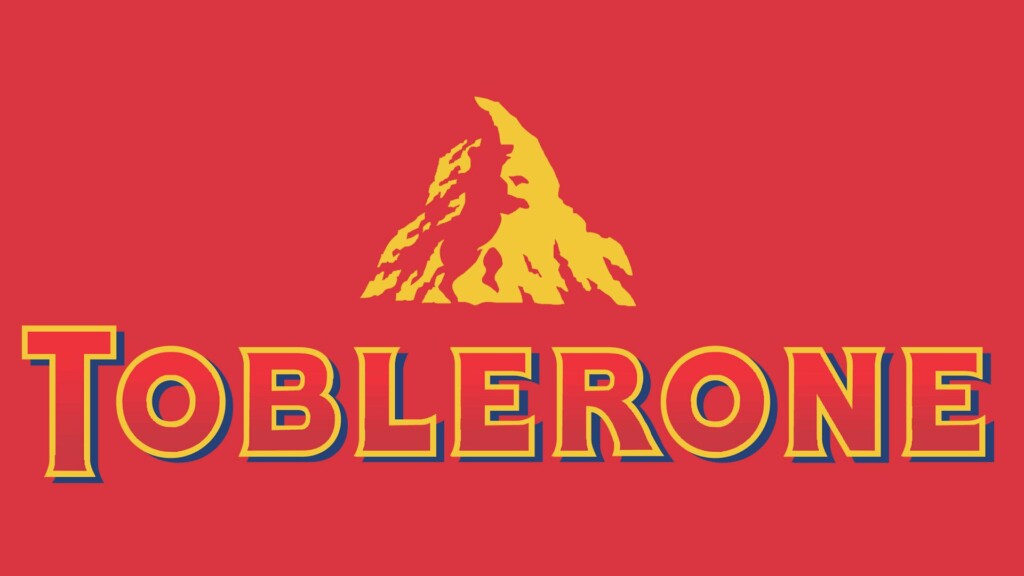
Mondelez’s ownership of Toblerone, coupled with investments in Israeli startups in Occupied Palestine, has prompted a reevaluation among consumers. Exploring supermarket own-brand products has emerged as a potential alternative choice.
9. Cadbury
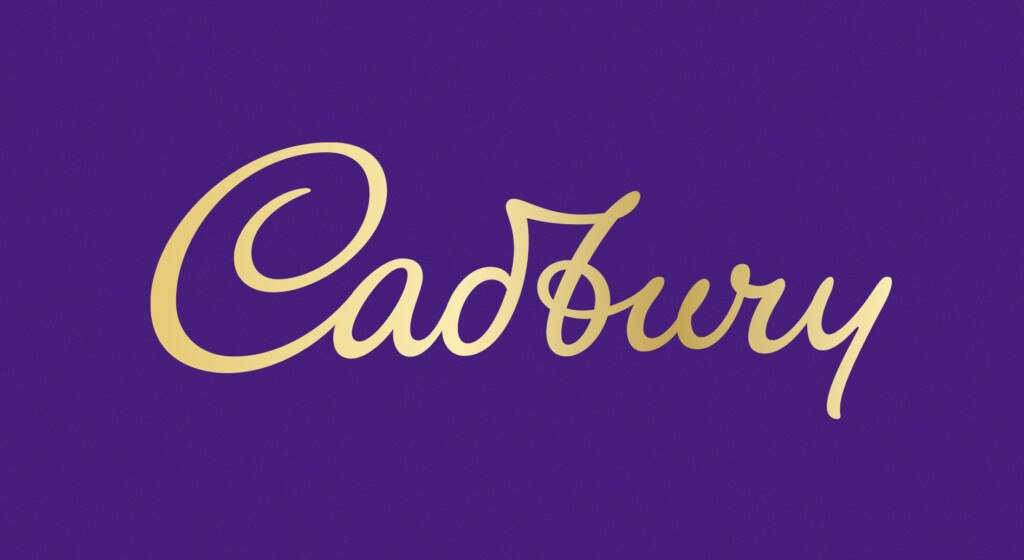
Similarly owned by Mondelez, Cadbury’s connection to Israeli startups in Occupied Palestine has prompted some consumers to consider alternatives and explore supermarket own-brand offerings.
Explore More: Discovering the Top Israeli Food Brands
10. Ben & Jerry’s
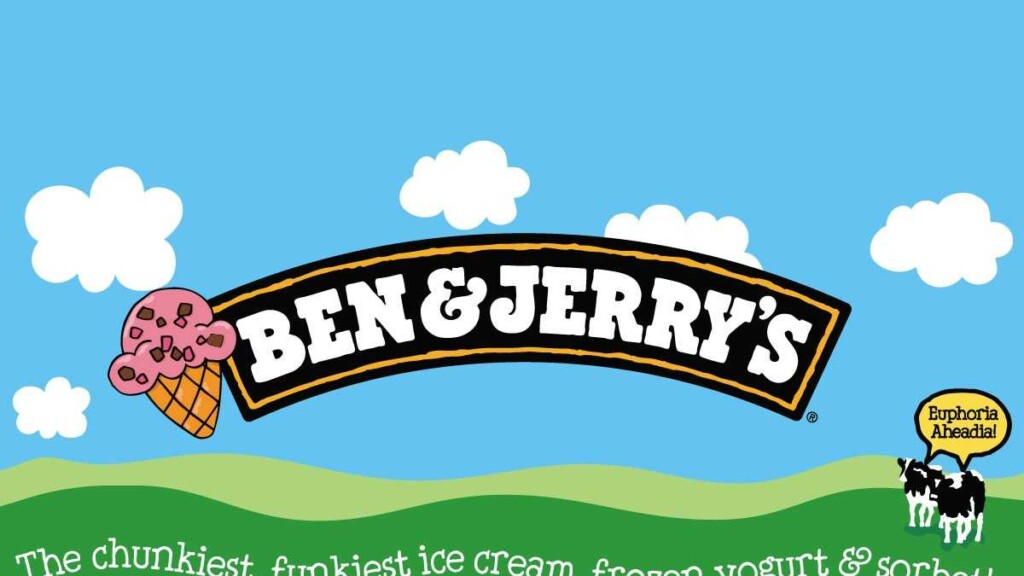
Ben & Jerry’s, owned by Unilever, faced controversy over Unilever’s sale of Israeli distribution rights to circumvent Ben & Jerry’s decision to cease sales in Israel. This scenario led some consumers to rethink their association with Ben & Jerry’s products or Unilever and explore alternative options.
The ethical dimensions of consumer choices in the snack industry highlight the intersection of business, geopolitics, and individual values. As consumers navigate these considerations, the emphasis on transparency and ethical practices within corporate landscapes becomes increasingly vital.
Informed decisions rooted in personal values serve as a beacon for conscientious consumerism. It prompts a demand for transparent corporate practices and underscores the significance of ethical considerations in today’s consumer market. Ultimately, consumers’ conscious choices echo beyond personal preferences, leaving an impact on global socio-political realms.

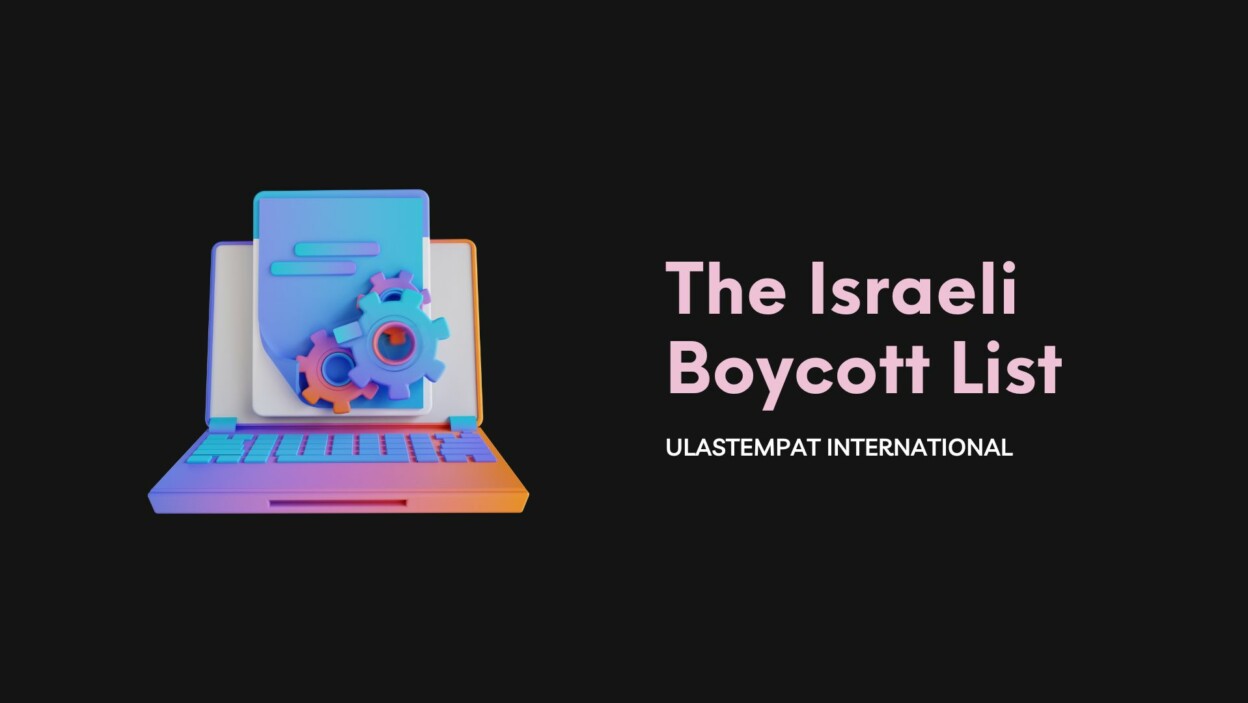
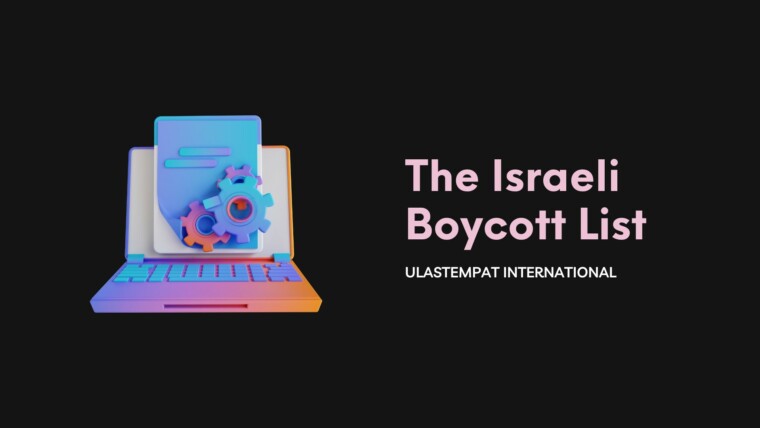
Companies That Support Israel: A List to Avoid
Does Red Bull Support Israel? Decoding the Unraveled Connection
Fast Food Chains Aligned with Israel Support
Boycott List: Fashion Companies Supporting Israel You Should Be Aware Of
Does These Firearms Support Israel? Exploring the Unraveled Connection
Does These Tech Brands Support Israel? Decoding the Unraveled Connection
Does These Filmography Support Israel? Understanding the Intricate Ties
Does These Online Business Support Israel? Exploring the Unraveled Connection